While most people can recognize the term “red tide,” many may not know what it means. So what is a red tide, and why are they a problem?
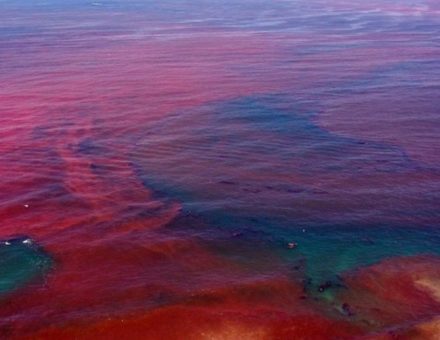

Now more than ever, our nation’s most environmentally, economically, and culturally important waters need your help. A host of threats loom over the future of our coasts and the communities that rely on them. Sea-level rise, flooding, erosion and other impacts from a changing climate are impacting an increasing number of areas with increasing frequency.
Restore America’s Estuaries works to counter these and other threats with a host of partners nationwide. Your donation will help us engage local communities to bring about on-the-ground results, advance science and policy to conserve endangered areas across the country, and ensure the benefits of coastal restoration are shared by all communities.
[ninja_form id=4]
If you prefer to donate by check, you may download our Donation Form and mail a check to:
Restore America’s Estuaries
2300 Clarendon Blvd, Suite 603
Arlington, VA 22201
Federal Employees: Our Combined Federal Campaign number is 12070.
For a list of state nonprofit disclosures, please click here.
If you have any questions, please call 703-524-0248 or email Lance Speidell.

While most people can recognize the term “red tide,” many may not know what it means. So what is a red tide, and why are they a problem?
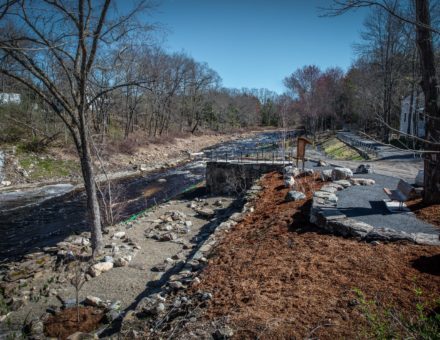
Learn how many partners in the small town of Whitefield, Maine came together to remove a dam for the betterment of the local habitat while successfully preserving its history.
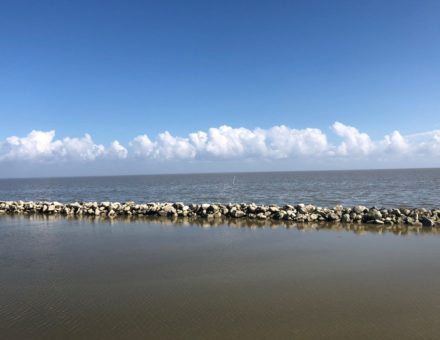
Rep. Pallone of New Jersey has put forth a new living shorelines bill that will allocate $50 million towards investing in these natural infrastructure solutions.

Most of us take showers every day. But do you know what’s in your hair products and the potential harm they have on the environment? Hairstory is working to change that.
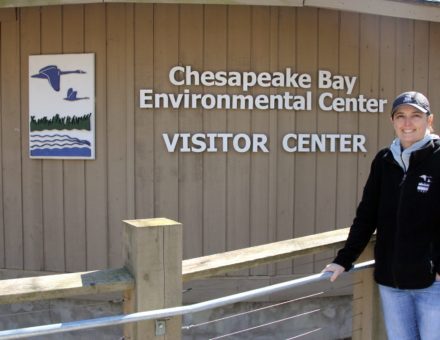
Increasingly, successful habitat conservation requires collaboration among private landowners, businesses, organizations, and agencies. A stellar example of this collaboration is the oyster restoration being done in the Chesapeake Bay.
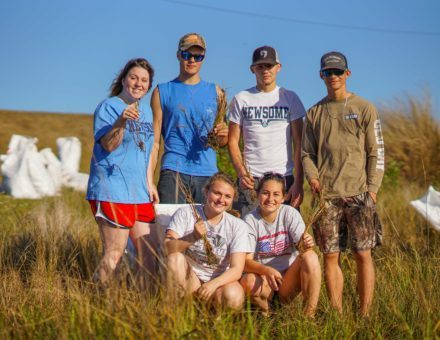
Tampa Bay Watch has been partnering with local schools for more than 20 years to restore the Tampa Bay through their Bay Grasses in Classes program.